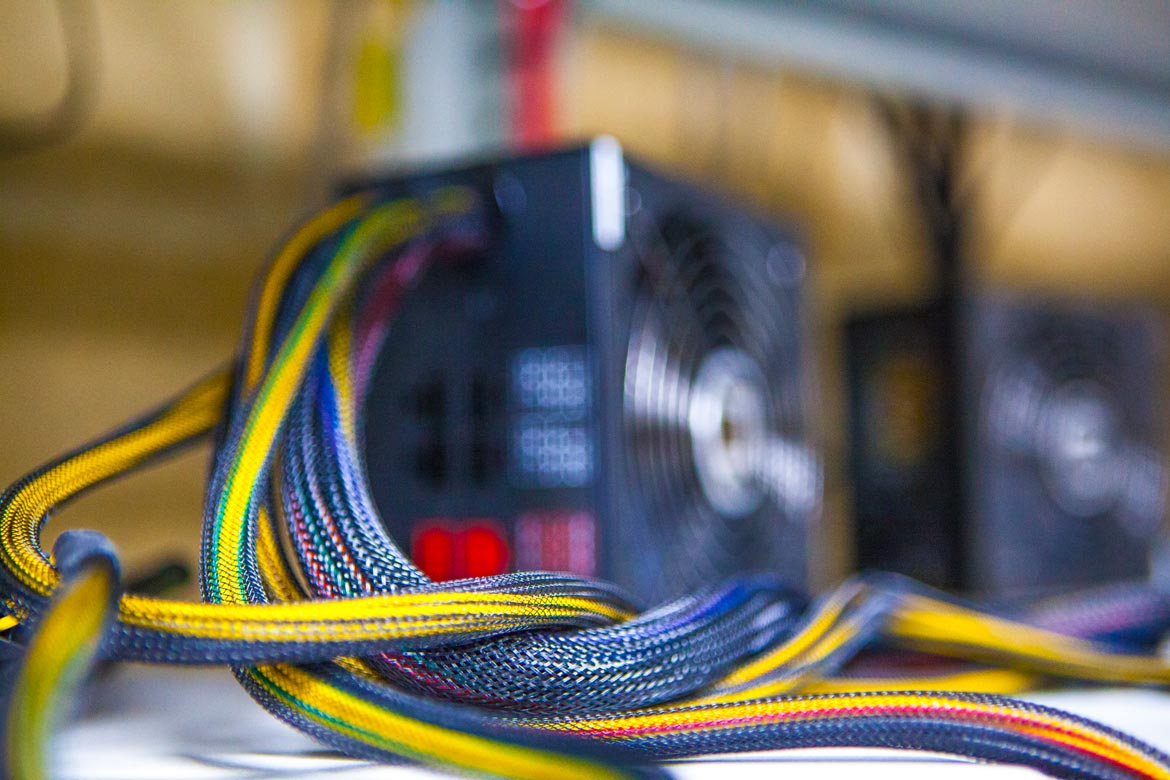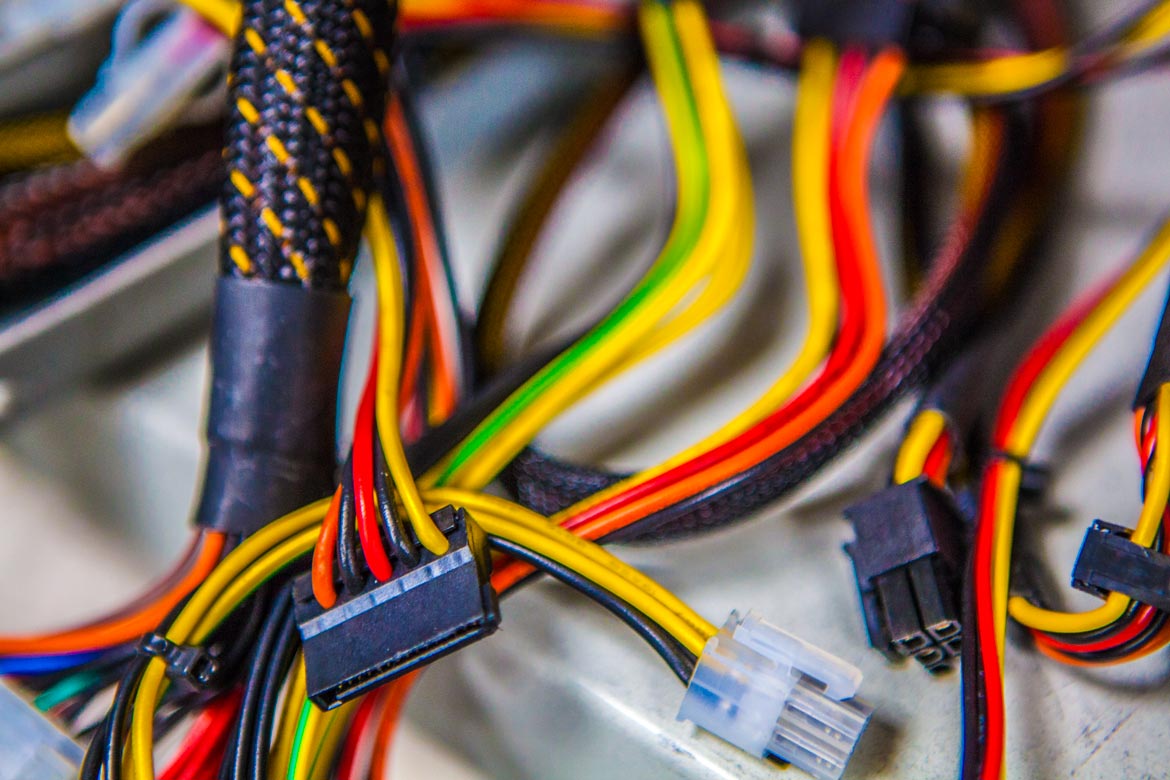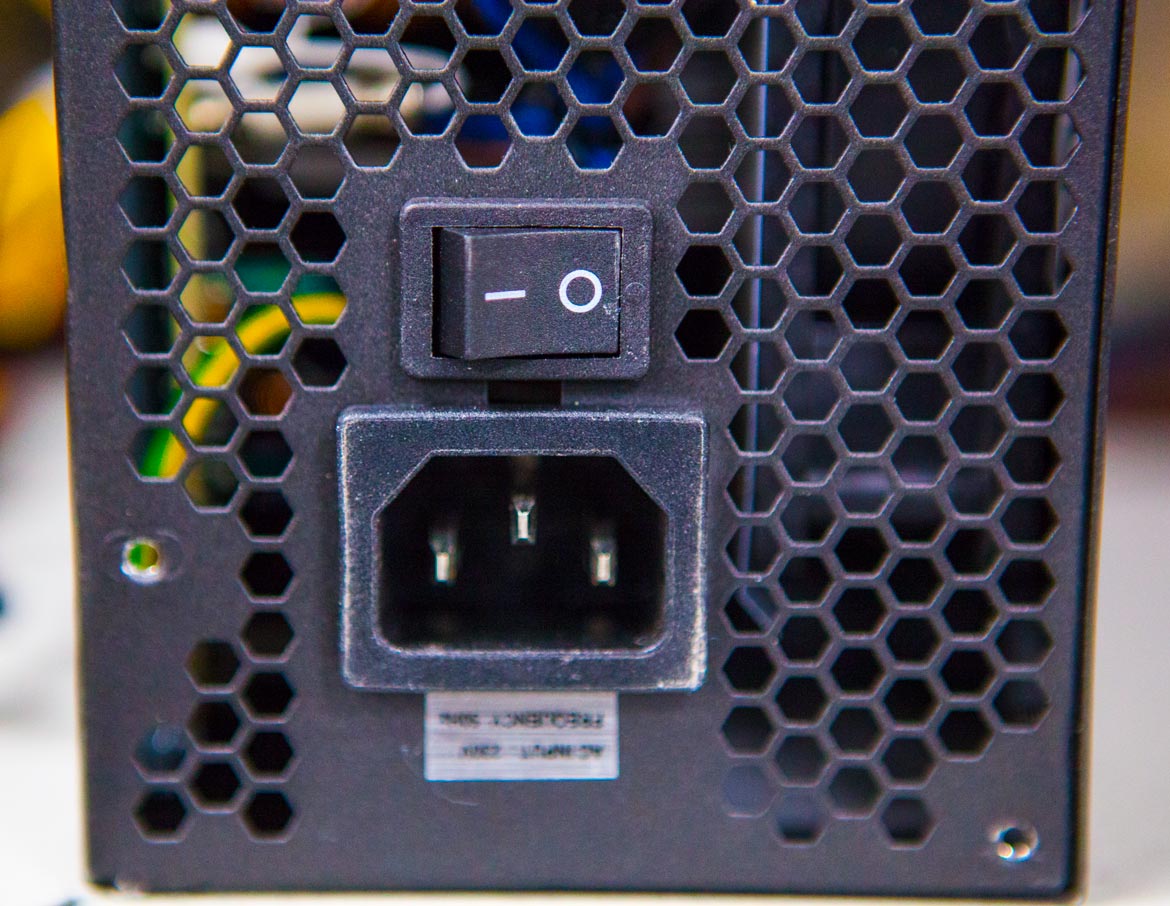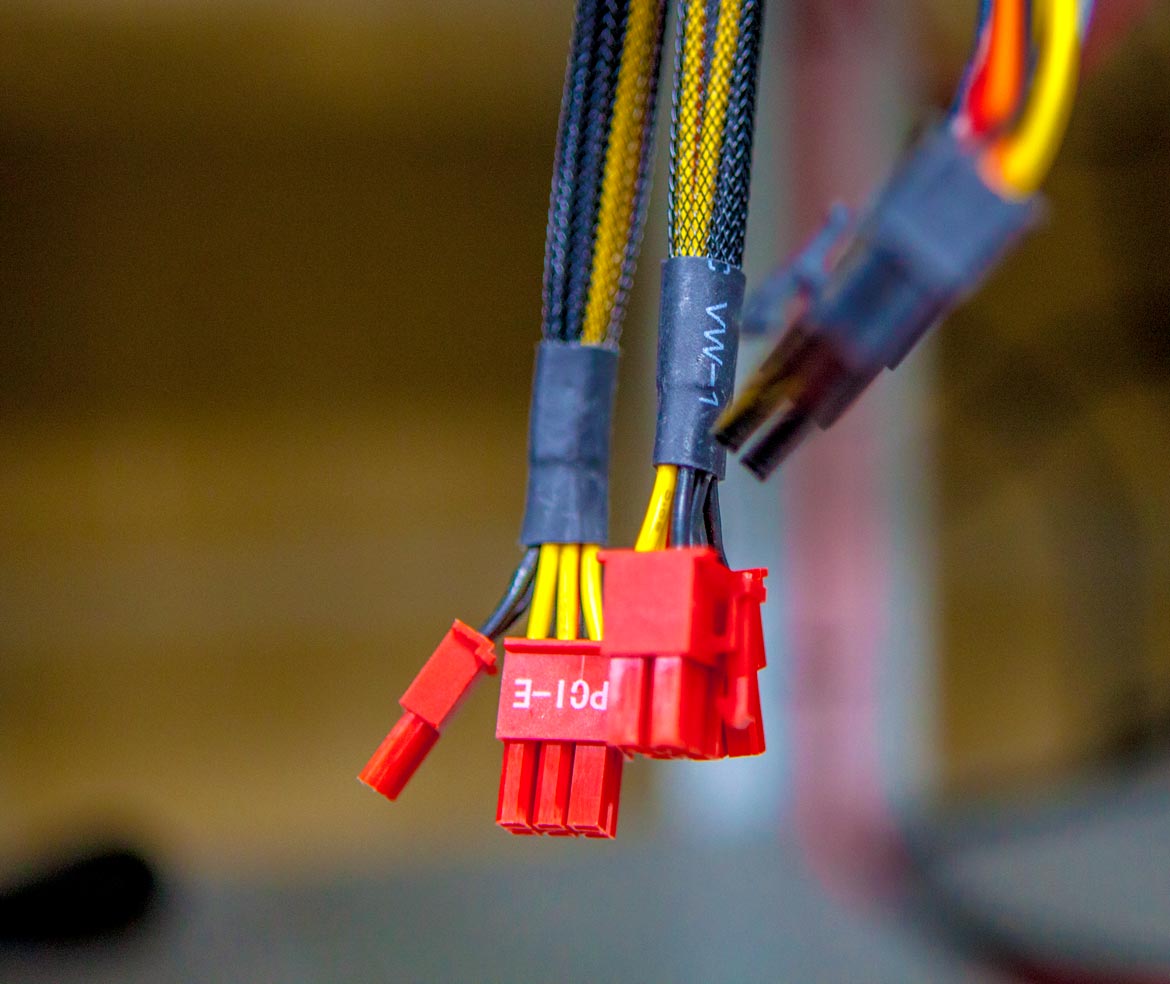Modular PSUs VS Non-Modular Power Supply Units
When building or upgrading your PC, as I’ve said in a previous article, many consumers overlook the essentiality of a reliable power supply unit (PSU), instead opting for sleeker CPUs and behemoth graphics cards. However, with a cheap power supply unit, these components’ power is essentially crippled. A boosted PSU is one of the most, if not the, most essential components that you can buy.
Nowadays, the interest for highly efficient power supplies is rife for computing workstations. Yet, again and again, the term modular and non-modular design bemuses consumers. The difference? Differing advantages? The results can be sustainably more to your computer than you’d think. Let’s dive in.
Non-modular
A non-modular power supply unit comes with all its cables readily attached upon purchase, ready to go straight out of the box. This has its advantages for the quick builder, the casual PC owner, and anyone not too fussed about customisation.
However, if you like to manage the internals of your computer, non-modular will be your worst nightmare. Non-modular PSU’s cable management can be jarringly messy, the cables becoming twisted among the components and aesthetic inside your PC. This can cause air-flow to be stunted by the cables clogging up the computer, possibly affecting the very operating temperature of the system.
Semi-modular
If you’re strapped for cash but still want to avoid the clutter of non-modular PCU’s, I would recommend looking into these beauties: semi-modular power supply units.
Semi-modular PSU’s come with only the essential cables pre-attached, meaning one PCIe, two peripheral power cables, and 24Pin ATX.
Again, this a cheaper option than going fully modular, but is also much better for avoiding internal PC clutter.
Modular
If you are still reading, then I presume non/semi-modular has not swayed you in your power supply unit search. Coming available with no cables attached, modular PSU’s open up an avenue of customisation for PC builders. Power supply cables can really bulk up inside your computer case. And, unless you are trying to power a large number of graphics cards or hard drives, you won’t be needing the majority of the additional power cables.
Airflow also becomes increasingly better with a modular PSU. Because there aren’t unneeded cables clogging up your PC and collecting dust, the airflow of your PC is improved. This allows for a neat and aesthetically-pleasing computer interior that allows for better overclocking.
While more expensive, modular allows you to only install the cables that you need, keeping airflow and cable management as you want it.
However, nothing is without its disadvantages. The connecting ends of the attached modular power cables can be known to become defective and loose, possibly causing damage to the power supply unit and any surrounding components. This is a rarity, but something definitely worth considering.
Conclusion
While PSU’s aren’t the most attractive of hardware, a good power supply unit will boost your flashier components to their highest potential.
The verdict of which modular to go with is inevitably yours to decide. For real-world usage, there is little actual power loss between the difference of a non-modular and modular power supply unit. Just make sure that you search for high-quality products that are reputable and don’t run the risk of damaging your PC’s other components.
Whether it’s modular or non-modular, empower your PC today, and consider the often-forgotten hero that is your power supply unit.
You can view our range of Modular Power Supplies here and our range of Non Modular Power Supplies here
Posted in TechShot
Published on 12 Mar 2018
Last updated on 09 Feb 2023




